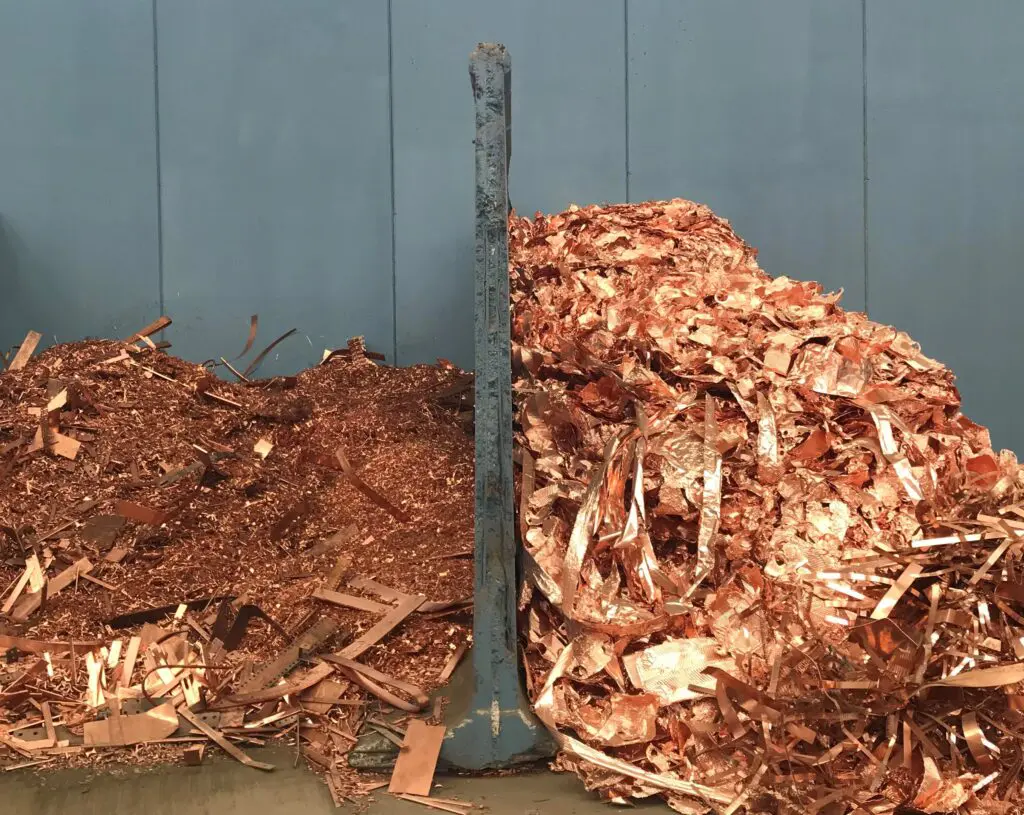Experts believe that the global refined production of copper from scrap will grow 6.5% this year because of the end of Chinese scrap import quotas and the continued improvement in scrap availability worldwide.
The conclusion comes from the International Copper Study Group (ICSG) which on 5-6 October held an online meeting of government delegates and industry advisors to discuss key issues affecting the global copper market.
Other key indicators from ICSG was that after three years of remaining essentially unchanged, world copper mine production, adjusted for historical disruption factors, is expected to increase by about 2.1% in 2021 and 3.9% in 2022. The 2021 growth figure is a revision downwards from the 3.5% anticipated in its April 2021 forecast. Despite the ramp-up of new capacity, global mine production in 2021 is being restricted by a slower than expected recovery in Peruvian output, reduced solvent extraction and electrowinning (SX-EW) production in Chile, the temporary closure of SX-EW mines in Myanmar as well as lower head grades and operational issues at some mines.
Pre-pandemic levels
According to ICSG, output in 2022 is expected to increase by 3.9% as it continues to recover to pre-pandemic levels in a number of countries, notably Peru. It will also be supported by recently commissioned mines and expansions as well as the planned start-up of several large projects. Following a four-year period where only two major copper mines were commissioned, significant projects starting in in the current year include Kamoa Kakula in the D.R Congo, Quellaveco in Peru, Spence-SGO and Quebrada Blanca QB2 in Chile and Udokan in Russia.
Surplus in 2022
It also says that after increasing by 2% in 2020, world refined copper production is expected to rise by about 1.7% in 2021 and 3.9% in 2022. World apparent refined copper usage is expected to remain essentially unchanged in 2021 and to grow by about 2.4% in 2022. World refined copper balance projections indicate a balanced market for 2021 and a surplus of about 328 000 tonnes in 2022.
Don't hesitate to contact us to share your input and ideas. Subscribe to the magazine or (free) newsletter.



